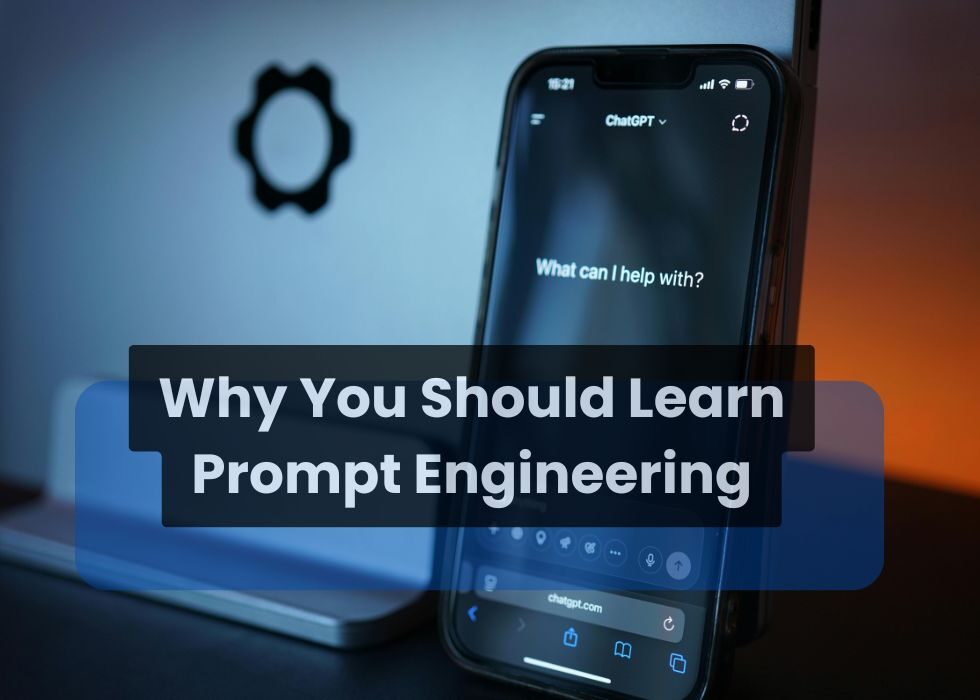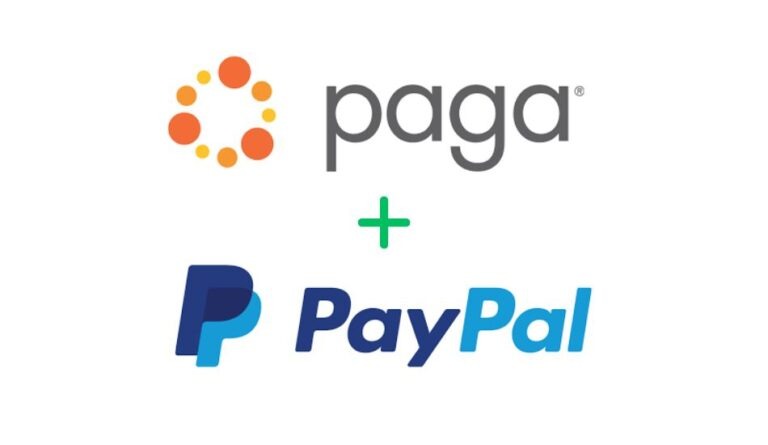Why Prompt Engineering is a Must-Have Skill for African Entrepreneurs

In today’s business world, generative AI is no longer a futuristic buzzword. Whether you’re drafting a business proposal, designing a flyer, generating marketing videos, or writing code, AI tools like ChatGPT, Grok, Veo 3, and Gemini can help you move faster and smarter.
In the same way that mastering email and social media became non-negotiable for businesses in the 2000s, prompt engineering is becoming the must-have skill of the AI era for every entrepreneur. But here’s the catch: the output you get is only as good as the instructions you give. That’s what this article will explore.
What is prompt engineering?
Prompt engineering is the art and science of crafting the right instructions (or prompts) to get the best results from generative AI. The right inputs steer AI systems to produce useful and reliable outputs. It translates business intent and structured instructions, turning AI into a repeatable, low-cost “team member” for marketing, research, or any creative thing you want to do.
However, you need to be clear, precise, and sometimes strategic about how you ask questions for the right outputs. For example, if you want ChatGPT to generate a marketing plan for a new fintech product, simply typing “write a marketing plan” will give generic results.
But if you write: “Create a 6-month digital marketing plan for a Lagos-based fintech startup targeting university students with a mobile payment solution. Include social media, influencer marketing, and campus activation strategies, with estimated costs in naira”, the AI delivers insights tailored to that context. The difference is like night and day.
Why does prompt engineering matter?
First is cost efficiency.According to a 2024 McKinsey report, companies that adopted generative AI in their workflows cut content creation costs by up to 40%. For African startups that often operate with lean budgets, mastering prompt engineering means you can save money on tasks you’d otherwise outsource like branding, copywriting, and the like.
Next is speed to market.In a fast-moving tech ecosystem, speed can make or break you. Prompt engineering allows founders to generate pitch decks, test marketing messages, or draft partnership proposals within hours instead of weeks. Imagine a Kenyan agritech founder preparing for an investor meeting in Nairobi. With the right prompts, (s)he can generate sector-specific data summaries, visual charts, and a compelling narrative almost instantly.
Prompt engineering provides a level playing field. With it, a solo-entrepreneur in Accra or Kigali can produce work that looks like it came from a full-fledged team. In this way, AI becomes a democratizer of opportunities and a strategic partner. It is useful for drafting sales proposals or campaigns with structured sections tailored to customers in a specific region, or for conducting quick A/B variants in minutes.
Right prompting is the game changer
Generic or unclear instructions often lead to irrelevant, inaccurate, or surface-level responses. Similarly, bad prompting equals bad results. Worse still, business decisions based on poor AI output can be costly. For instance, asking Claude for “business ideas in Africa” without narrowing to industry, market size, or regulatory realities will only yield generic and unusable suggestions.
You can punch above your weight by mastering prompt engineering, and narrowing the capability gap with bigger competitors. Founders who can quickly draft and refine compelling thoughts and ideas with the right prompts gain a competitive edge. Understanding the right prompting will multiply your business opportunities. If you are a fashion entrepreneur, you can use MidJourney or DALL·E, guided by the right prompts, to create professional-looking product catalogues without hiring expensive photographers.
Remember, you are giving tasks to a super-intelligent device that can do more than basic tasks while youiterate based on the results you seek. Clear prompts reduce AI hallucinations. It could be as simple as writing an ad copy: “Write 3 headline/body pairs for product A, for audience B, in language X, under character limit Y, each with a different value proposition.”
Start developing your prompting skills
Prompt engineering is not just a “techie skill” but a leverage business skill. It is a skill that you can acquire, and should urgently do that.It is a skill that empowers you in crafting and optimizing the input given to generative AI models to guide them toward producing accurate, relevant, and desired outputs. A better input equals a better output.
Begin to practice by experimenting with various AI models to understand how phrasing impacts responses. Learn by doing, iteratively refining your prompts and analyzing the outputs, and where to improve. For African entrepreneurs, it’s a way to amplify creativity, cut costs, and compete globally with limited resources. Don’t expect perfection on the first try, as you can improve with time. Once you learn how to communicate with AI, you can start creating extraordinary results.
The future of African entrepreneurship will not just belong to those who adopt AI but to those who know how to interact with it. Don’t just walk alone; train your teamto skill up. The teams that master prompt engineering skills win more business without bloating headcount. When you communicate your intention well, you will get the right machine execution. Mastering prompt engineering could be your competitive edge.







